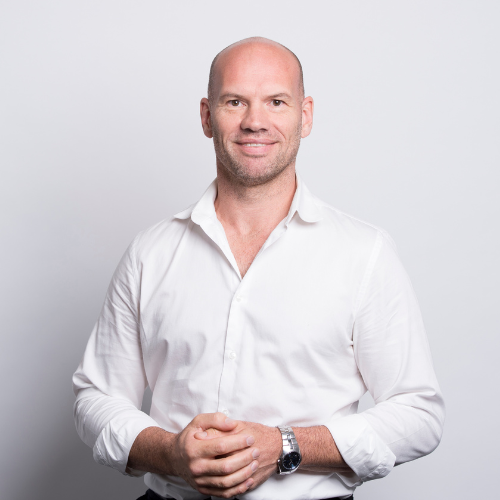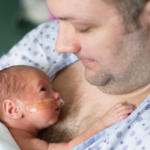Question
Do I have trauma?
Answer
The word ‘trauma’ means ‘injury’ or ‘wound’. Trauma can be physical or psychological.
Physical trauma is something like a cut in the skin, a broken bone, or damage to the brain from a hit to the head (i.e. traumatic brain injury), and usually involves pain, loss of function, and healing, but can result in permanent damage.
Psychological trauma is caused by extremely distressing or life-threatening events – like seeing or experiencing violence, being neglected as a child, being abused, or experiencing long-term disadvantage or discrimination. It usually involves feelings like shock, denial, fear or anger soon after the event. Most people who experience psychological trauma manage to recover from it but some people develop long-term mental health problems (known as post-traumatic stress disorder or ‘PTSD’ ).
People who have PTSD have four types of symptoms, which stem from their trauma:
If you have experienced psychological trauma in the past, and have these symptoms of PTSD, you should see your doctor because there are effective treatments.
If you have experienced trauma recently, it may be helpful for you to speak to your doctor about it.















